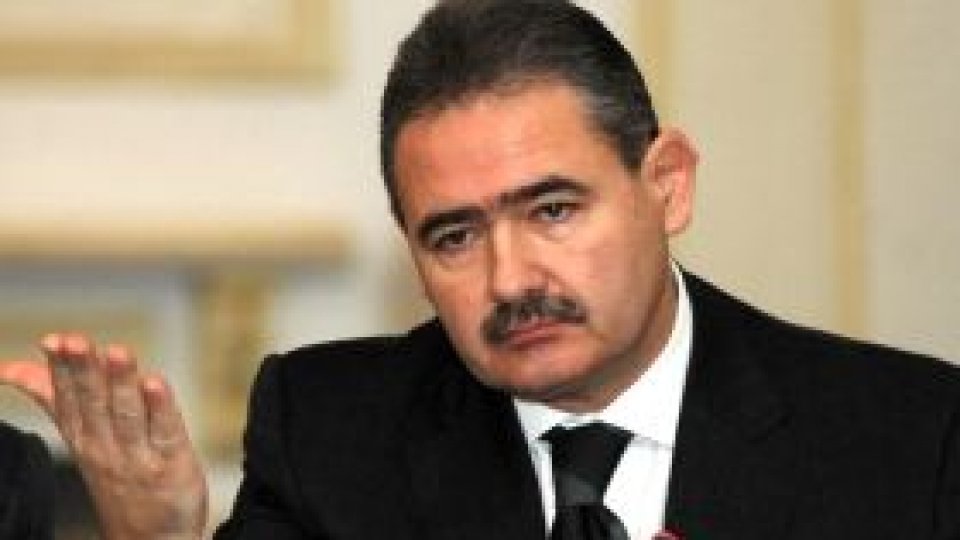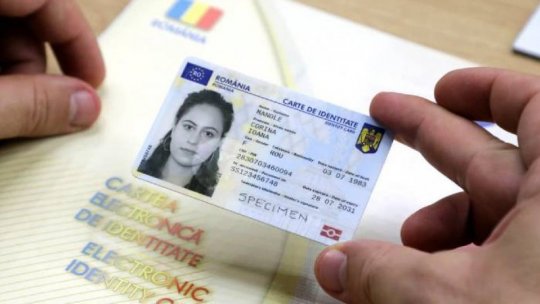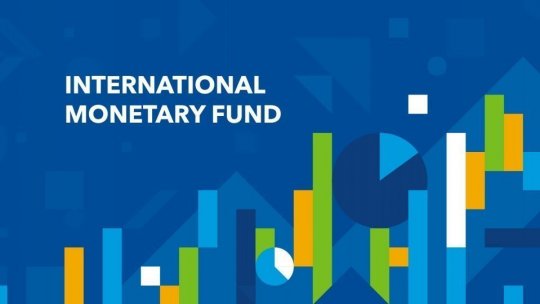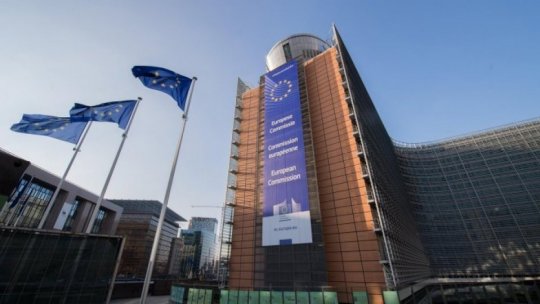From the IMF to the single payment scheme
The Romanian authorities and the IMF this year agreed on a deficit target of 6.8% of the GDP.

23 Octombrie 2010, 18:09
Romania’s IMF representative, Mihai Tanasescu said the future understanding would not be a loan agreement but a line of credit to be used only in emergency situations.
According to Tanasescu, a new agreement does not necessarily mean a financial loan but the continuation of reforms in partnership with the IMF and the European Commission, so that Romania may regain the investors’ trust and secure access to funds on the domestic and foreign markets at lower interest rates.
A fresh agreement with the IMF has the unflinching support of president Traian Basescu. Jeffrey Franks, the head of the IMF delegation in Romania, said the new agreement would most likely be one of a precautionary type, which means that after every evaluation, the IMF will release a certain amount of money which will no longer enter the National Bank reserves or the state budget as it’s happened so far.
The funds will remain in Washington and Romania will receive access to them only in emergency situations. The officials in Bucharest claim to have fulfilled most of their obligations entailed by their agreements with international financial bodies.
The Romanian authorities and the IMF this year agreed on a deficit target of 6.8% of the GDP, though IMF officials fear that some measures may prevent reaching this target, measures like raising the minimum wage, granting financial incentives and bonuses as well as flat tax reductions.
The Romanian government and IMF representatives are expected to hold talks about raising the minimum wage to more than 700 lei, trimming the flat tax from 16% down to 12% and reducing salary contributions from 44% to 41%. Also high on the agenda of talks is the budget for 2011, which also includes setting the level of taxes and duties. The IMF has already announced that it will not bring into discussion a possible alteration of the VAT rate, which will probably remain at around 24%.
Talks will also focus on the pension law which the president recently sent back to Parliament. In another development, the Chamber of Deputies has approved a draft which significantly alters the payment scheme for Finance Ministry employees.
Romania has so far accessed about 15 billion euros from the IMF, the European Commission and the World Bank out of a total bail-out package of 20 billion, stipulated by the current agreement.
(Radio România Internaţional, Serviciul în limba engleză).









